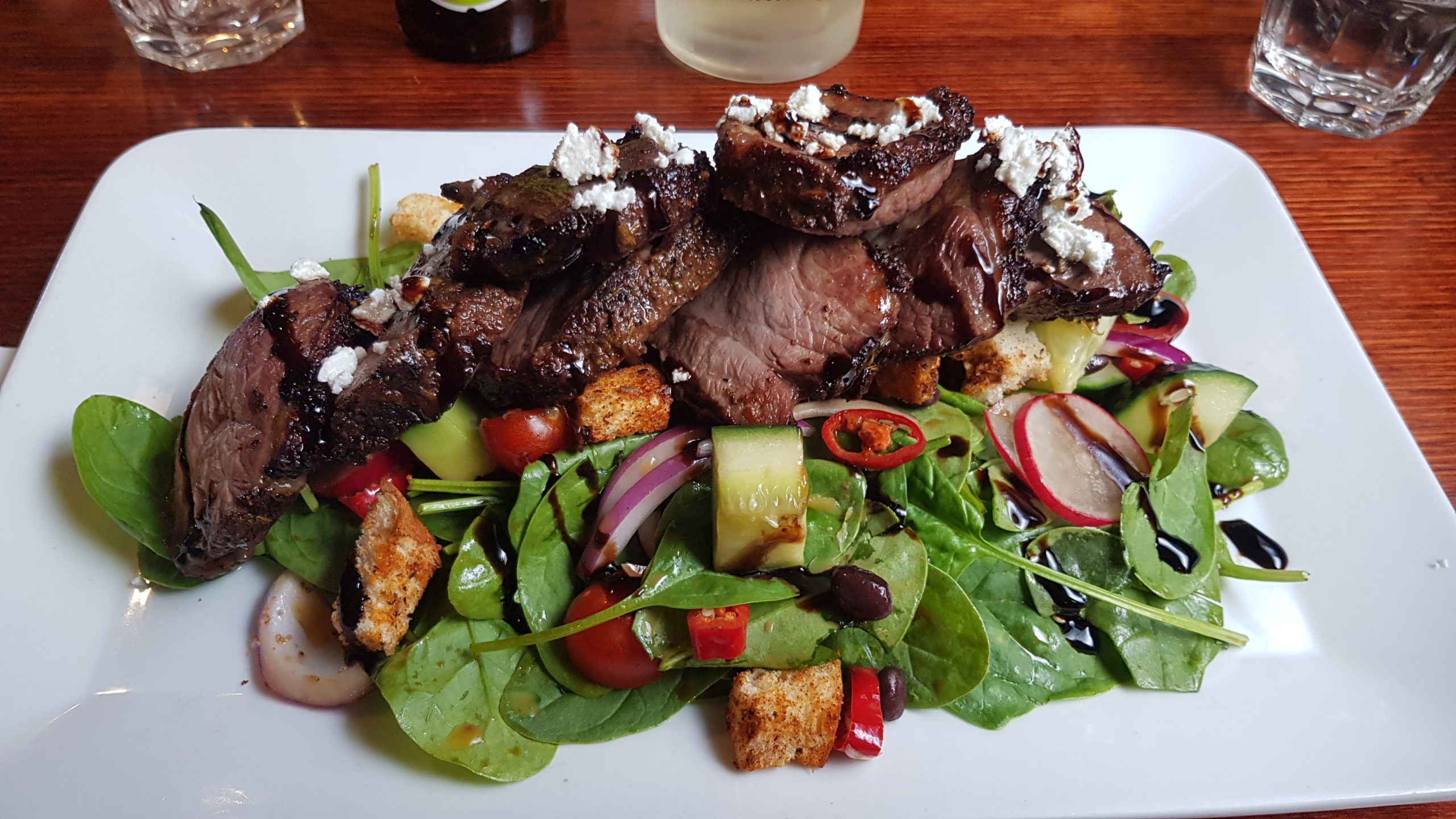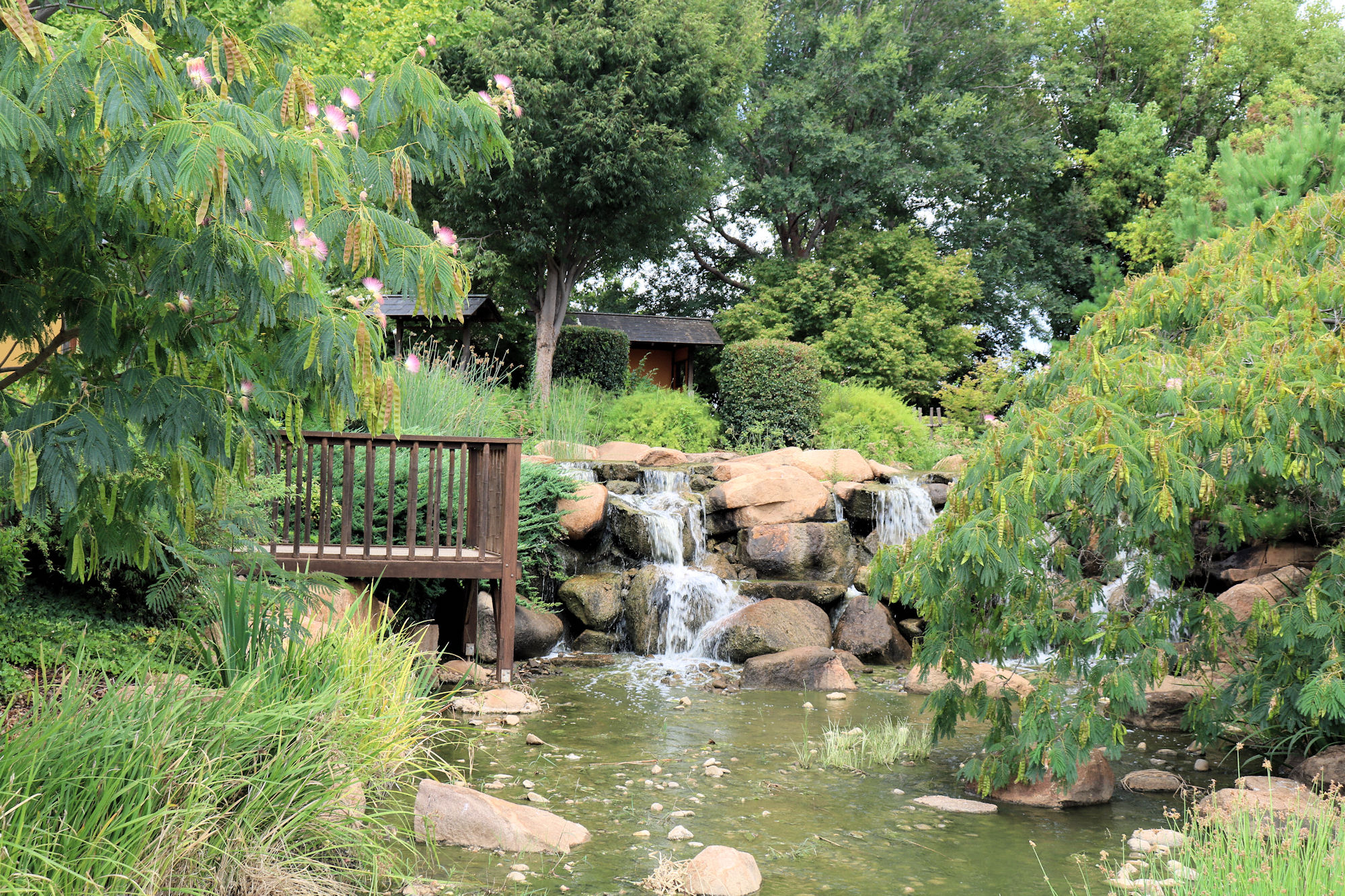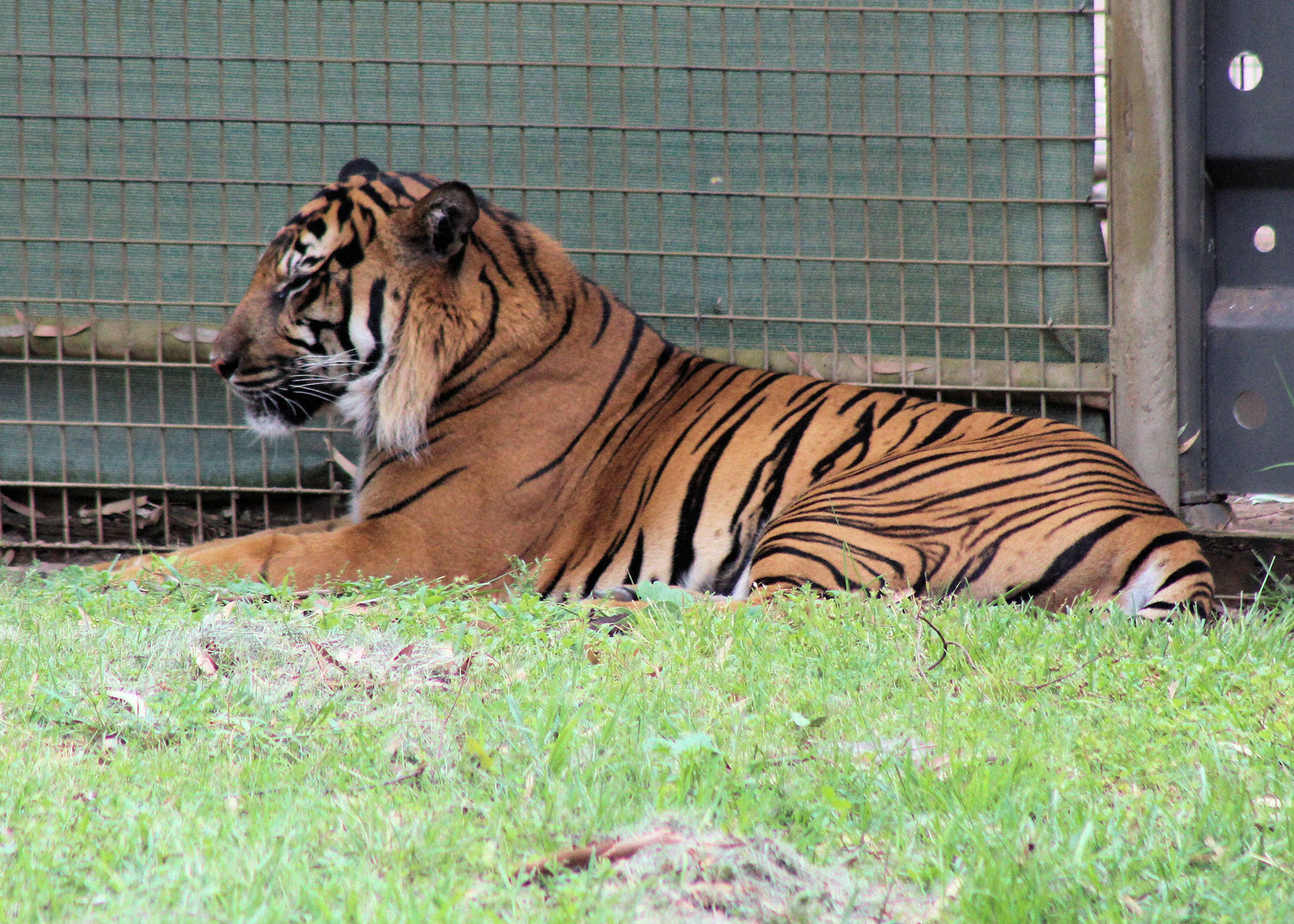Tag: Central West
-
Old Bank Restaurant and Bar Dubbo

Old Bank Restaurant and Bar Dubbo Looking for somewhere to have dinner in Dubbo, we found the Old Bank Restaurant not far from our hotel. Located in Macquarie Street, and completed in 1876 the building operated as a bank until 1921. From then it passed through several owners including the RSL, council and police, before Read more
-
Dubbo Regional Botanic Garden

Dubbo Regional Botanic Garden Located next to the Orana Shopping Centre, the Dubbo Regional Botanic Garden is a green oasis in a sometimes hot dry central west. A large car park provides ample space to leave your car, with only a short walk to the entrance. Japanese Gardens Wandering through the Japanese gardens on a Read more
-
Taronga Western Plains Zoo Dubbo

Taronga Western Plains Zoo Located near Dubbo in the central west of New South Wales, Taronga Western Plains Zoo is one of Australia’s premier zoos. The zoo is home to over 5,000 animals from over 350 species, many of them rare and endangered. Taronga is part of an international breeding and conservation program to ensure Read more